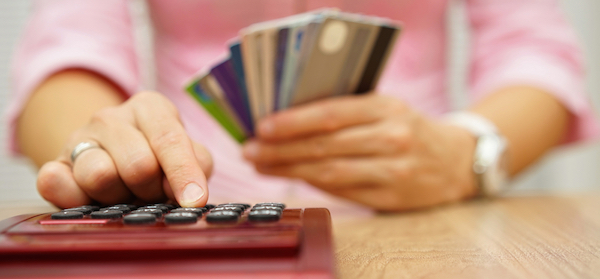How many of you are familiar with buying something only to take it home and realise it’s something that you don’t really need, and in some cases, don’t even really want? With figures from the Australian Consumers’ Association showing that almost half of all Australian households are in debt, frivolous spending is a significant problem.
While the ‘shop til you drop’ adage promotes a frivolous and fun attitude to spending, the Australian Psychological Society claims that emotional spending has a lot to say about a person’s emotional wellbeing.
Surrendering to the occasional purchase on an impulse is one thing, but the spending becomes an issue when your purchases shift from impulsive to compulsive. Psychologists have linked compulsive shopping, or oniomania, with low self-esteem, anxiety, depression, loneliness and anger.
Typically, there are three main types of over spenders:
- those who regularly overspend, have poor money-management skills and get into significant financial trouble by overspending
- those who seek affirmation in material possessions and who feel their status is elevated by new items
- those who have a compulsion or urge to repeatedly purchase items they don’t need in order to deal with psychological feelings of depression, low self-esteem or inadequacy. This group is mostly likely to meet the definition of oniomania.
How to beat emotional spending
Here are some helpful tips for emotional spenders from psychologist Daniela Intili:
- cut up and dispose all your credit cards (except one, in case of emergency)
- avoid any shopping when feeling sad, angry or anxious
- resist the urge to spend when it creeps up and do some exercise instead – exercise is a good distraction and will boost serotonin levels
- before heading to the shops, write a list of just the essentials – and stick to it
- if possible, choose a close friend or family member in whom to confide, and who can accompany you when shopping
- learn some positive self-talk to bolster yourself during difficult times. Phrases such as ‘I don’t need to buy this’ and ‘I can’t afford to go shopping’ can be helpful.
- if you need to go shopping, avoid extraneous temptation by shopping in small or local shops that are not attached to shopping centres
- try to identify why you feel the urge to shop. Do you feel dissatisfied with your job? Are you lonely? Identifying negative thoughts and then fixing them will help to put a stop to emotional spending.
Related articles:
How to make and stick to a budget
Money habits you need to break

